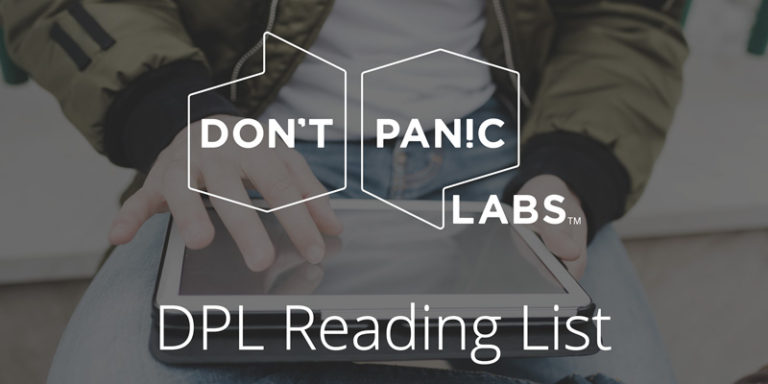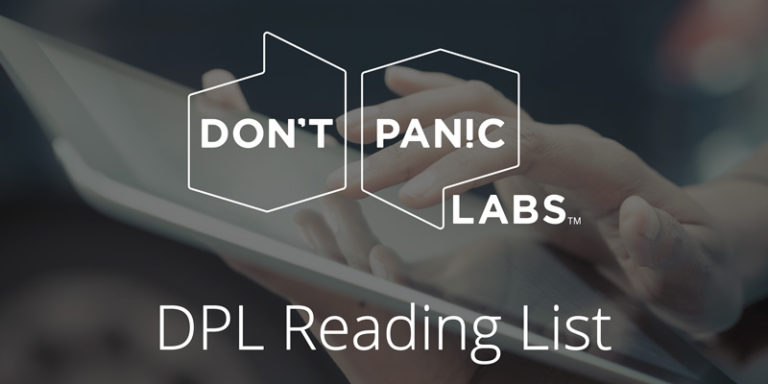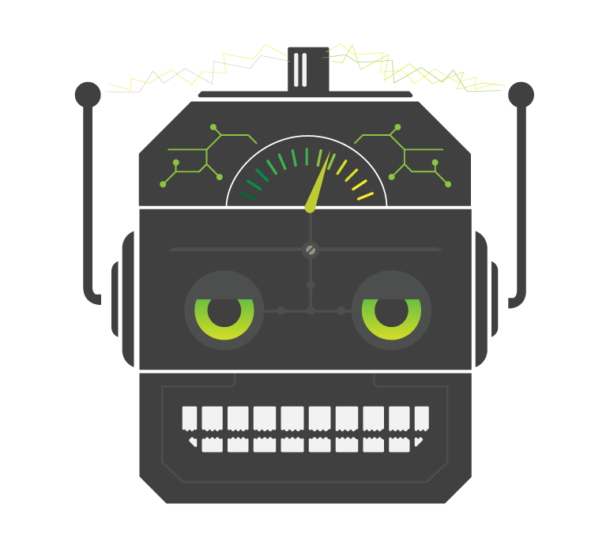
DPL Reading List – December 7, 2018
Here are some of the new and interesting articles we found this week.
Watch Out for a Clever Touch ID Scam Hitting the App Store – “In separately reported incidents, apps posing as health assistants invite users to use Touch ID before they show a calorie tracker, or take a heart rate measurement, or some other seemingly legitimate function. Once you scan your fingerprint, though, the apps briefly show an in-app purchase popup instead, charging anywhere from $90 to $120, and simultaneously dim the screen to make it hard to see the prompt.”
Microsoft continues its quest to embrace every developer with Visual Studio 2019 – “Microsoft today made a number of developer-oriented announcements that continue its theme of the last few years: the company wants its tools—and ultimately its platforms, especially Azure—to be the choice of every developer, no matter which languages and tools they use and no matter what platform they ultimately deploy on.”
3 ways to strengthen your problem solving muscle – “I’d never written at the academic level before, and I was ready to go into full-on stress-mode. But rather than letting the anxiety paralyze me, I decided to focus on finding ways to tackle the task without worrying about how it would all turn out. This pivot away from anxiety and toward a solution opened up new problem-solving approaches that I believe everyone can learn from. Here are some ways I learned to strengthen that muscle.”
Our phones are making us unwell–but behavioral design can help – “In 2017, U.S. adults spent an average of three hours and 20 minutes a day using their smartphones and tablets. This is double the amount from just five years ago, according to an annual survey of internet trends. Another survey suggests most of that time is spent on arguably unproductive activities like Facebook, gaming, and other types of social media. This is bad news because research by myself and others shows that excessive technology use is linked to depression, accidents, and even death.”
5 books Bill Gates says to read–and gift!–over the holidays – “The selections include a memoir from a highly accomplished woman who grew up isolated among conspiracy theorists but self-educated her way out (the one woman author on the list, an only slightly better ratio than before), a deep dive into what happens if you outsource life-and-death battlefield decisions to artificial intelligence, and a nonfiction detective-like investigation into how a much ballyhooed tech CEO allowed egotism and deception to destroy one of America’s biggest and ultimately overrated and fraudulent tech companies.”
Microsoft’s designers are now working together on the future of Windows, Office, and Surface – “The company’s design leaders — Friedman with Office, Albert Shum on the Windows side, and Ralf Groene for Surface — all work together now. “We operate like an internal open source team,” Friedman says. “So we’re all openly sharing our design work, critiquing the work, working on it together. What we’ve found is that the best way to develop our Fluent Design system is to truly open source it internally. What’s happened is that we’re getting the best of everyone’s work that way.””
Apple published a surprising amount of detail about how the HomePod works – “We hear about “machine learning” so much in tech product marketing pitches that it starts to sound like a catch-all that doesn’t mean a lot to the user, so pieces like this can be helpful for context even if they’re fundamentally promotional. Google has generally done a good job using its blogs to give users and partners a deeper understanding; here, Apple is doing the same.”



